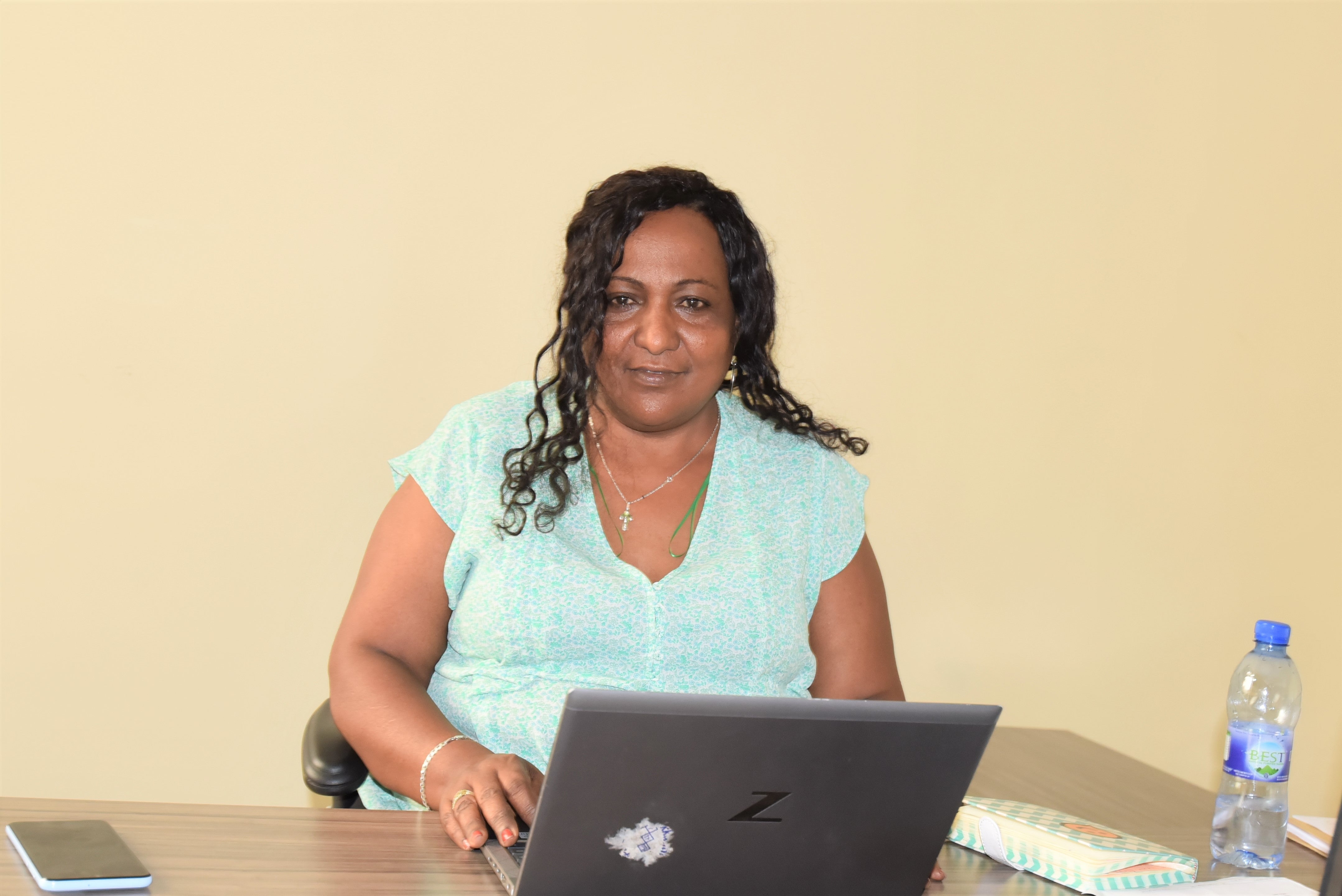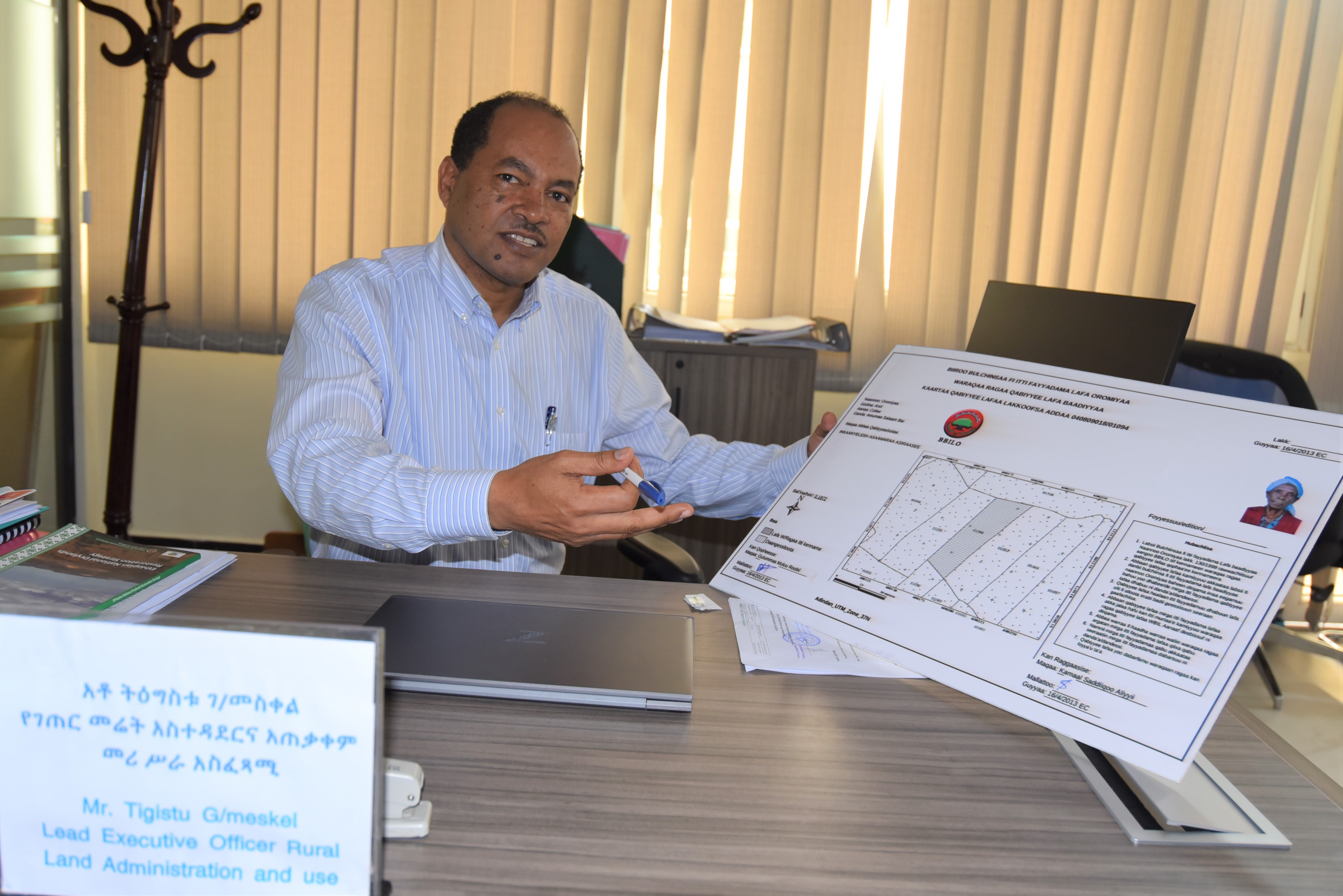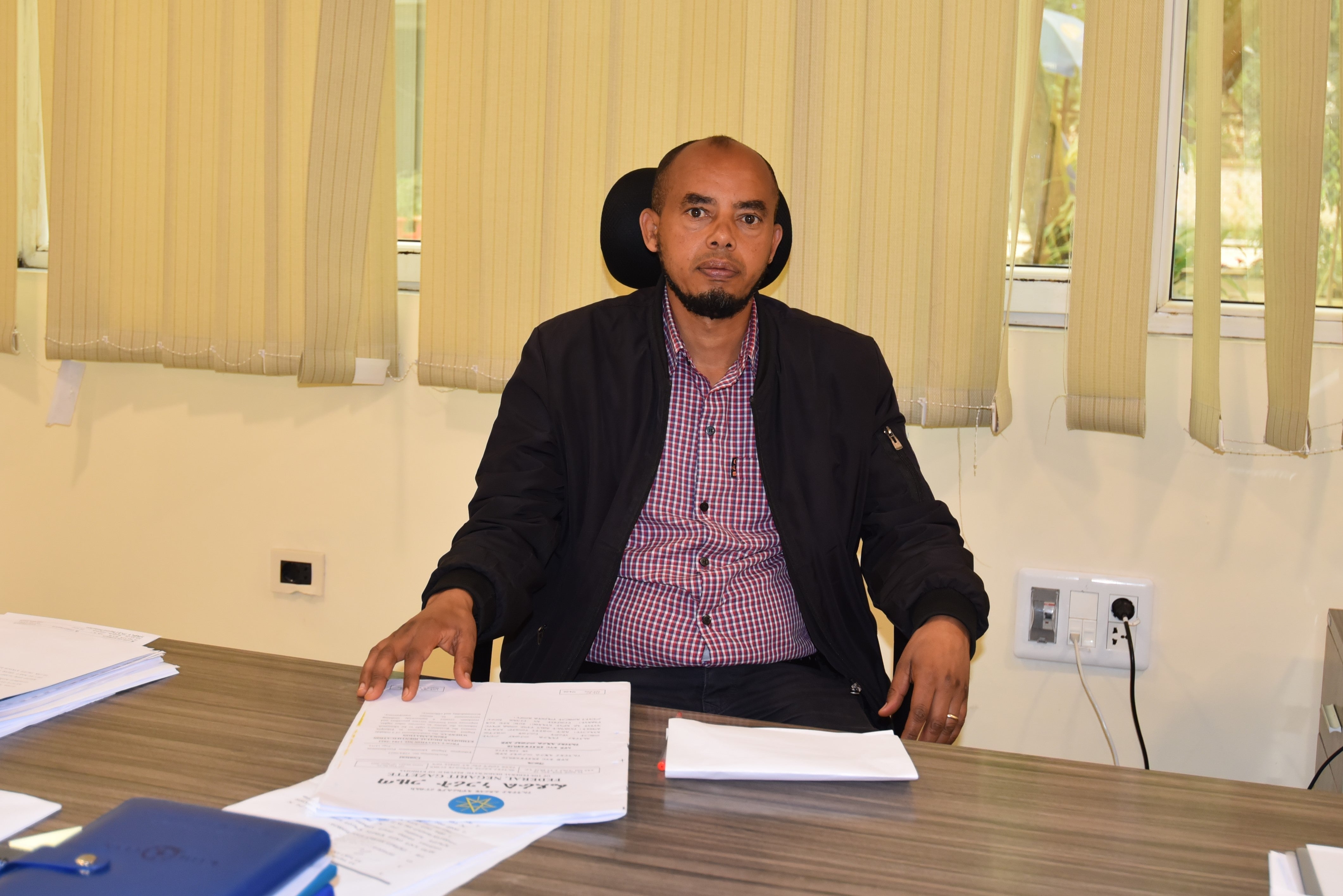UN Women’s support on institutionalization of gender mainstreaming at the Ministry of Agriculture in Ethiopia improves gender responsive delivery
Date:
Women’s awareness of legal actions encouraged to anchor their rights to agricultural resources. The partnership between UN Women in Ethiopia under the Women Economic Empowerment Program and the Ministry of Agriculture for almost ten years now has been instrumental to reach and change the lives of many women and girls in the agriculture sector. Joint initiatives including; the Joint Program on Rural Women Economic Empowerment Program(JP RWEE) from 2014-2021 in Afar and Oromia regions, collaborative formation of the Ethiopian Network for Gender Equality in Agriculture in 1915, the research on the Cost of Gender Gap in Agricultural productivity in 2018 and Gender and Agriculture Mechanization in Ethiopia in 2020 for policy making, the UN Women support on the development of Gender Equality Strategy in Agriculture in 2017 and the joint assessment conducted on land in 2021, ‘Beyond Land Registration- How to Support Rural Women to Derive the Full Range of Benefits from Land in Ethiopia’ are some of the results of the partnership.
The partnership progressed and starting in 2020, UN Women supported the Ministry at institutional level by assigning a seconded Gender Expert at the Ministry, particularly for the Women and Social Affairs and the Rural Land Administration and Use departments to provide close technical support with a focus on institutional capacity building. Consequently, the two departments as well as other departments within the Ministry were capacitated through various training workshops given to the staff members, hands of technical support, and with policy level advocacy and actions with financial support provided from the Governments of Sweden, Norway and Netherlands.
According to Ms. Tigist Ayele, Head of the Women and Social Affairs department, the over two years support provided by UN Women on institutionalizing gender mainstreaming was beyond the expectation as it not only capacitated those at the Women and Social Affairs, and the Land Administration and Use departments, rather bridged the gap among each department’s gender focal staff in the Ministry and equipped them to gender responsive deliver as one and she explained, “The Ministry has different departments under it. Each department has a gender focal staff, who has a different primary duty. Because of the over stretched capacities, the Ministry used to struggle to address gender issues. The support from UN Women contributed to bridge this gap by networking the departments’ gender focal staff and capacitating them to deliver as one at institutional level.”

Ms. Tigist also illustrated one of the positive outcomes of the networked gender focal staff in the development of the Trainers of Trainees(ToT) manual on gender mainstreaming in agricultural practices, “Among the duties of the seconded gender expert was the development of a ToT manual on gender mainstreaming in the Agricultural sector. Over twenty gender focal staff of the Ministry who were capacitated on gender mainstreaming were able to practically contribute to the ToT development by testing the draft. The manual, which is at the finalization stage and the capacitated staff are great assets to the Ministry to enhance the Ministry’s effort in making women equal beneficiaries of resources and services from the agricultural sector in the country.”
Similarly, the support provided by UN Women at the Rural Land Administration and Use department was substantial as most of the population in the country directly or indirectly has a link to land issues and women are estimated to be over fifty percent. Capacity buildings on gender mainstreaming in the land sector has contributed to the inclusion of women's rights issues in land registration and certification as well as in land transaction through awareness raising on women’s land rights and on the need for free legal aid support to disadvantaged women land owners.
Mr.Tigistu G/Meskel, the Rural Land Administration and Use directorate at the Ministry especially views the support of UN Women in the revision of the Rural Land Administration and Use Proclamation from gender perspective as a different of its kind as he explained, “ Our main duty is to make sure that the community in the rural area has certification to use land. For this, our department is guided by a proclamation on land administration and use. In the past, the gender aspect of the proclamation revision used to be done with those with basic knowledge on gender. The current in-depth revision by the gender expert and those capacitated staff under established task force, enabled each section of the proclamation to be revised and incorporated key provisions that protect the rights of women to access and benefit from land resources.”

Although women’s right to use land in the country has improved in the last few years and their land ownership safeguarded with certification, according to Mr. Zelalem Getachew, the legal expert from the Ministry’s legal department, a legal framework is the key for anchoring women’s right to access and use the agricultural resources and related services. He said that his first time participation in the capacity building training on how to mainstream gender not only equipped him to be gender responsive in reviewing and drafting policies and regulations, but to also share his expertise on ways of anchoring women’s right to land and agriculture services, “ After the training provided to me by UN women, I have reviewed over 13 proclamations, policies and procedures including the Rural Land Administration and Use Proclamation and the draft regulation on community water shade management. Moreover, the participation in the training with other gender focal staff from different departments gave me the opportunity to alert participants that gender mainstreaming into the laws and regulations alone may not bring a lasting empowerment. Empowering women to be aware of their rights including to legal services is vital to further anchor the policies and regulations. This gives the power to the women to interrogate the relevant authority referring to the law when things do not go the right way.”

The interviewed team appreciated UN Women’s support and acknowledged the tremendous improvement of capacities at the Ministry. They have at the same time admitted on the expertise gap created when the gender expert recently completed her term. Due to the Ministry’s responsibilities at country level and the need to consistently contemplate gender aspects from expertise point of view for sustained results, the Ministry expressed the need for continual expertise support by UN Women. For instance, according to Mr. Tigistu, the Rural Land Administration and Use directorate, recently the reviewed Rural Land Administration and Use Proclamation is submitted to the Ethiopian Prime Minister’s office for authorization and when approved, it requires gender responsive planning, implementing and monitoring strategies from an expert point of view. According to the team, collaborative work with UN Women will continue to deliver gender focused and sustained outcomes of initiatives guided by the proclamation.